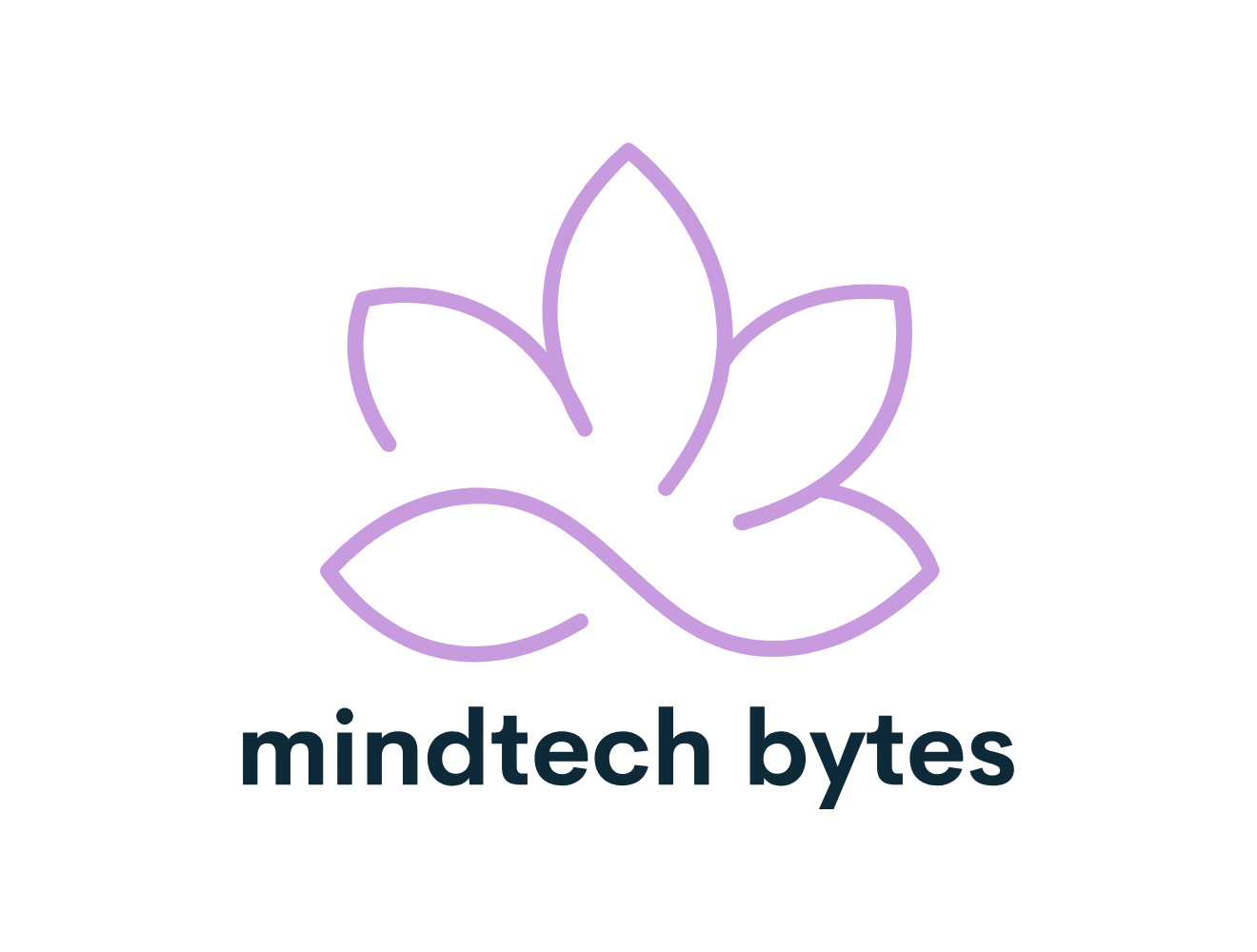Mental health conditions are a growing concern worldwide, with millions of people struggling with depression, anxiety, and other related disorders. While traditional treatments such as therapy and medication can be effective, they often have limitations and may not be suitable for everyone. This is where brain-computer interfaces (BCIs) come in, offering a new frontier in the treatment of mental health conditions.
BCIs are devices that allow people to control technology with their thoughts, using electroencephalography (EEG) or other sensors to detect brain activity. In the context of mental health, BCIs can be used to help people with conditions such as depression, post-traumatic stress disorder (PTSD), and obsessive-compulsive disorder (OCD). Here are some ways in which BCIs can help:
Symptom Management
BCIs can be used to monitor and manage symptoms of mental health conditions, such as anxiety and depression. For example, a person with anxiety may be able to use a BCI to detect when they are feeling anxious and then receive a calming signal to help them relax. This can be particularly helpful for people who struggle with traditional treatments or find it difficult to adhere to a treatment plan.
Stress Reduction
BCIs can also be used to reduce stress and promote relaxation. For example, a person may be able to use a BCI to control a virtual reality (VR) program that simulates a calming environment, such as a beach or a forest. This can be a powerful tool for people who struggle with stress and anxiety.
Cognitive Rehabilitation
BCIs can also be used to help people with cognitive impairments, such as those with traumatic brain injuries or neurodegenerative diseases. For example, a person with a traumatic brain injury may be able to use a BCI to control a computer program that helps them with memory tasks or other cognitive functions.
Neurofeedback Training
BCIs can also be used for neurofeedback training, which involves using sensors to detect brain activity and then providing feedback to the individual to help them change their brain function. This can be particularly helpful for people who struggle with attention-deficit/hyperactivity disorder (ADHD) or other conditions that affect attention and focus.
While BCIs are still in the early stages of development, the potential benefits are significant. By providing a new way to treat mental health conditions, BCIs can help people take control of their mental health and improve their overall well-being. As the technology continues to evolve, it is likely that we will see even more innovative applications of BCIs in the treatment of mental health conditions.
Conclusion
In conclusion, BCIs have the potential to revolutionize the treatment of mental health conditions. By providing a new way to monitor and manage symptoms, reduce stress, and promote cognitive rehabilitation, BCIs can help people take control of their mental health and improve their overall well-being.
FAQs
Q: How do BCIs work?
A: BCIs use sensors to detect brain activity and then translate that activity into commands or other outputs.
Q: What are some of the benefits of BCIs in mental health treatment?
A: BCIs can help people with mental health conditions to better manage their symptoms, reduce stress, and improve their overall well-being.
Q: Are BCIs suitable for everyone?
A: While BCIs have the potential to be a valuable tool in the treatment of mental health conditions, they are not suitable for everyone. As with any new technology, there are likely to be limitations and potential drawbacks to consider.
Q: How can I try out a BCI?
A: BCIs are still an emerging technology, so options for trying them out may be limited. However, many researchers are actively working on developing BCIs for mental health treatment, and it is likely that more options will become available in the future.


